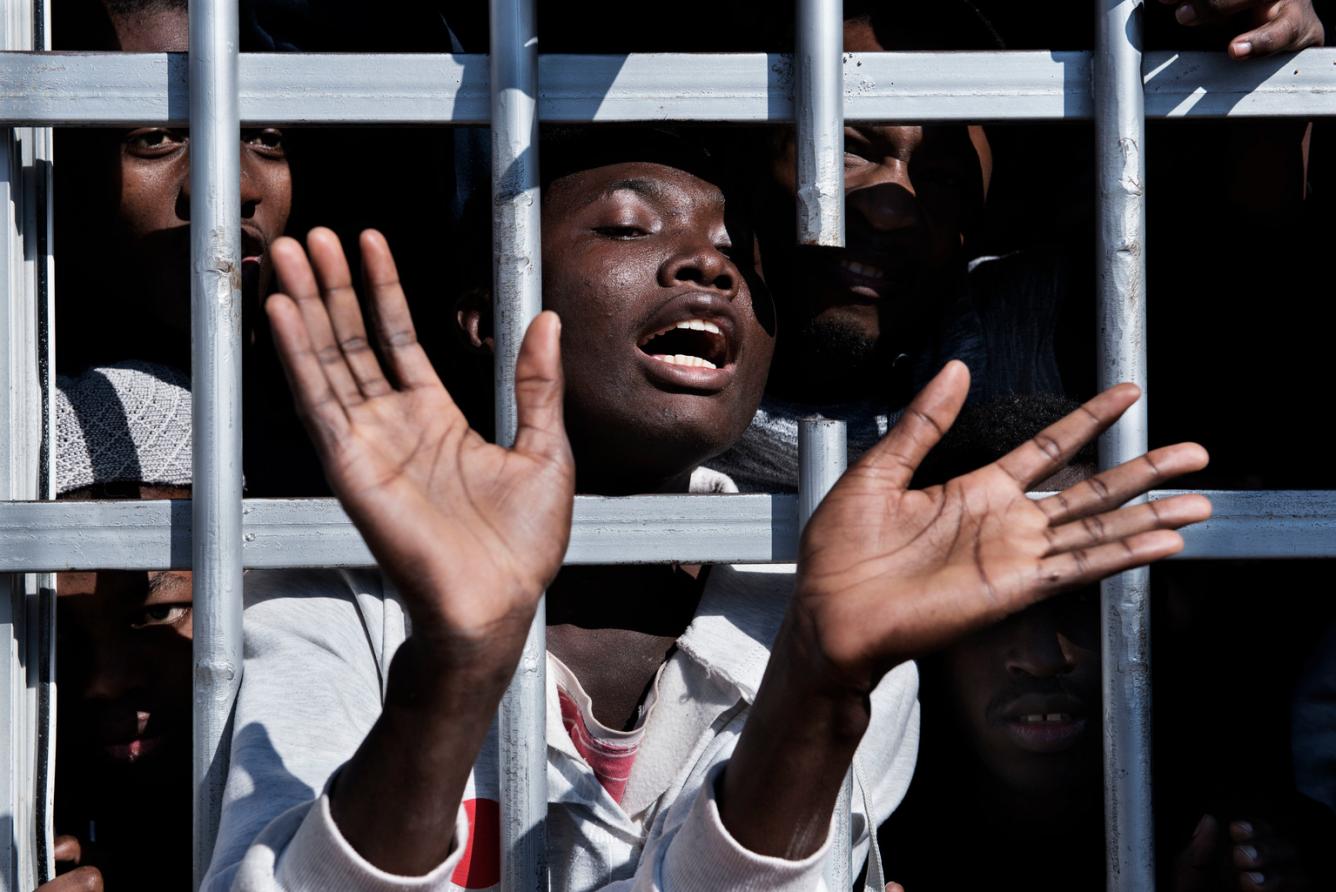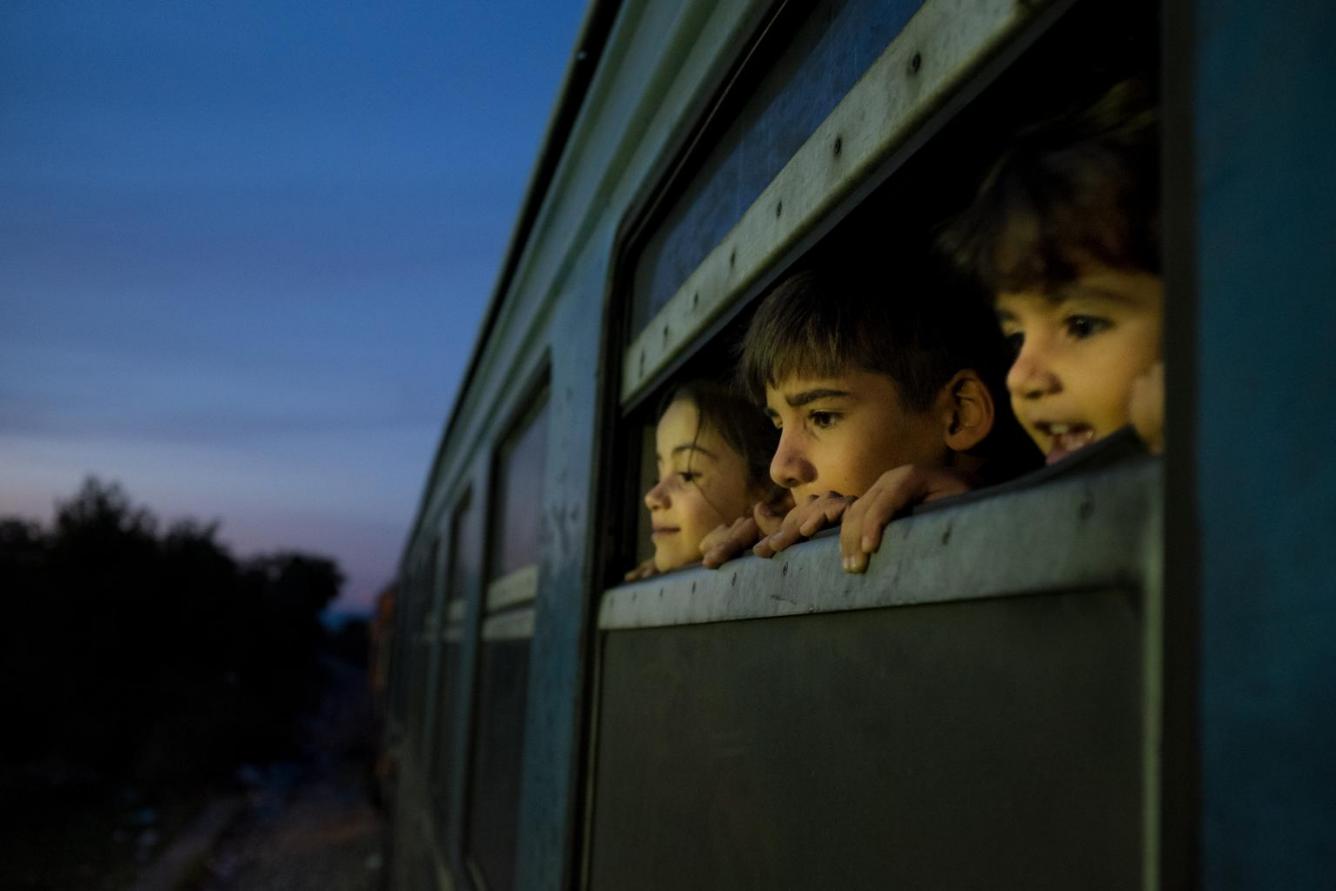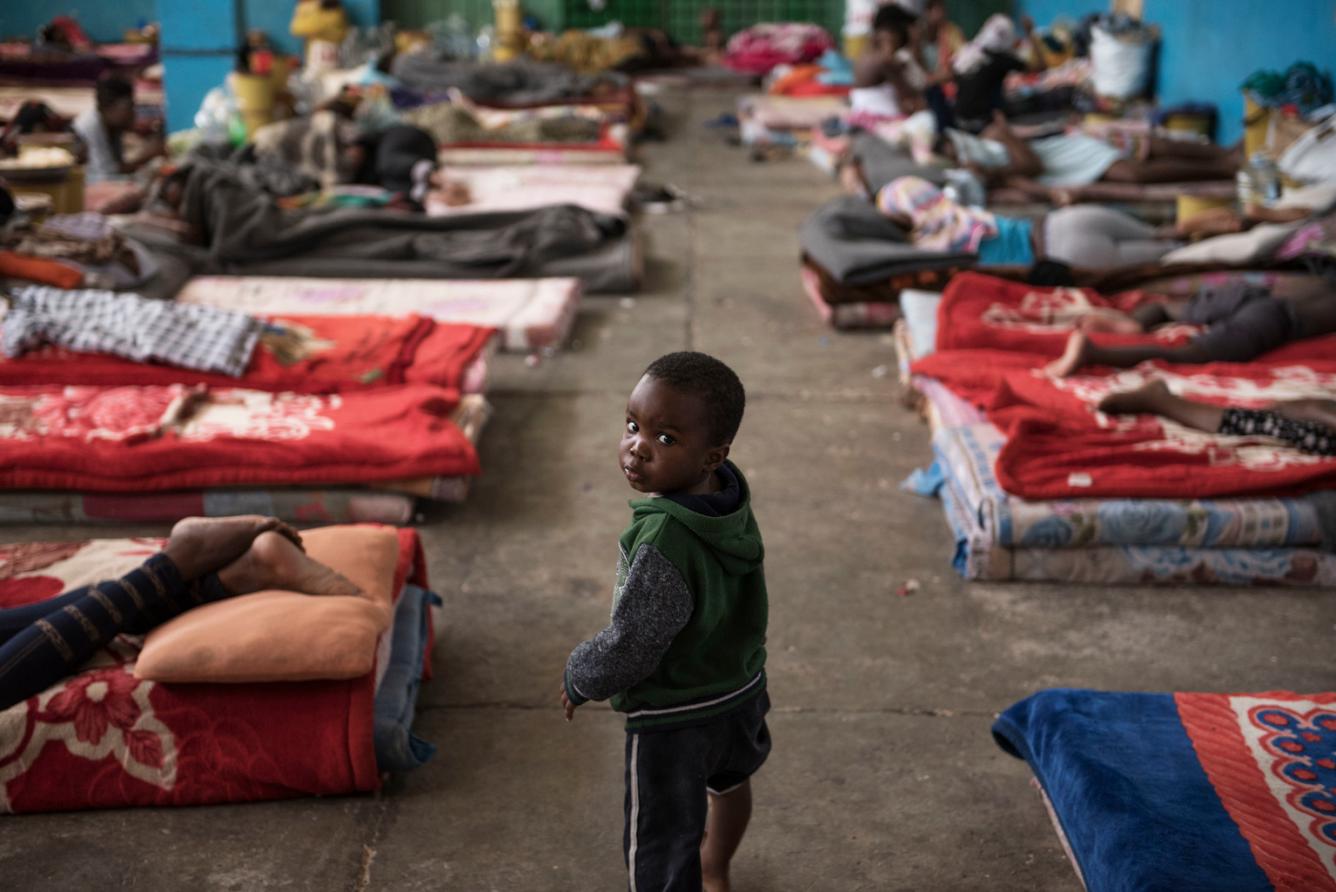
Migrant and Refugee Children on the Move: Detainment and Detention


Creating practical alternatives to the detention of migrant and refugee children
Detention is harmful to children’s health and wellbeing — and can undermine their development.
Rarely are children detained to protect them from imminent danger. Often it is a matter of administrative convenience or lack of adequate facilities. Usually children are detained upon arrival, for registration and identification purposes, or prior to being deported; they often remain in detention for extended periods of time. In neither case is detention the right place for children, whether they are alone or with family members.

The negative impacts of detention on children have been well documented. Detention can reinforce previously experienced traumas; often separates families; exposes children to violent and humiliating behaviour; and undermines their mental and physical health and development. Fear of detention is also one of the reasons why young migrants avoid contact with authorities – resulting in child victims of trafficking or other forms of abuse missing out on life-saving assistance.
Instead of being detained, unaccompanied children should be referred to family or community based care as soon as they are identified. Victims of trafficking may require special care and protection, such as being housed at an undisclosed location. As alternatives to detention, families may be asked to report to authorities regularly, stay in a certain residence, pay a deposit or surrender documentation.

